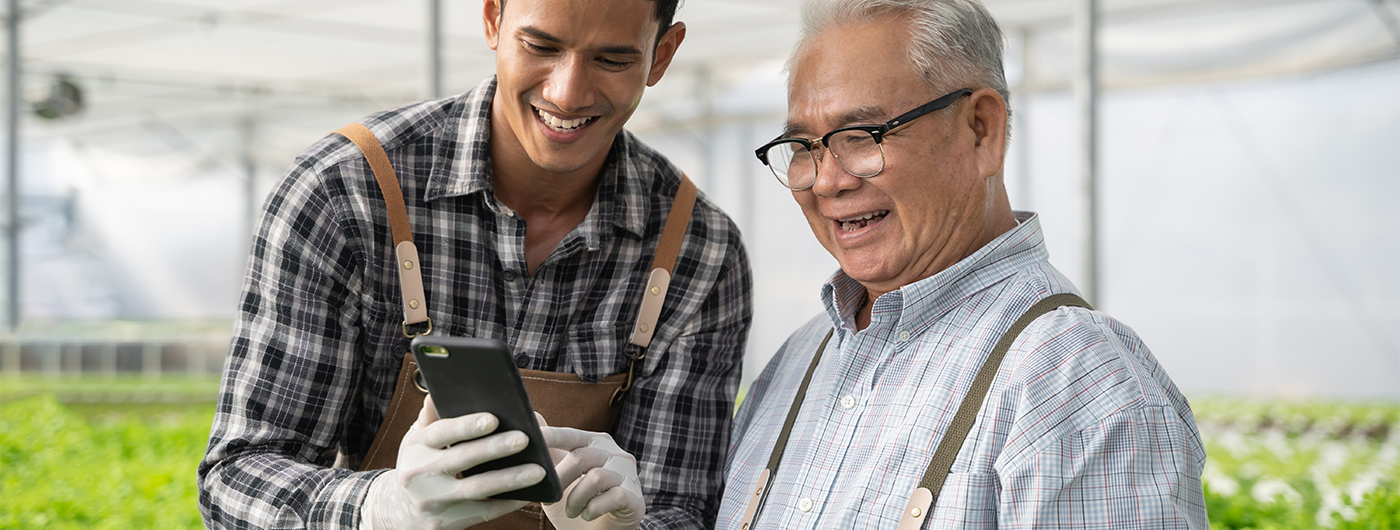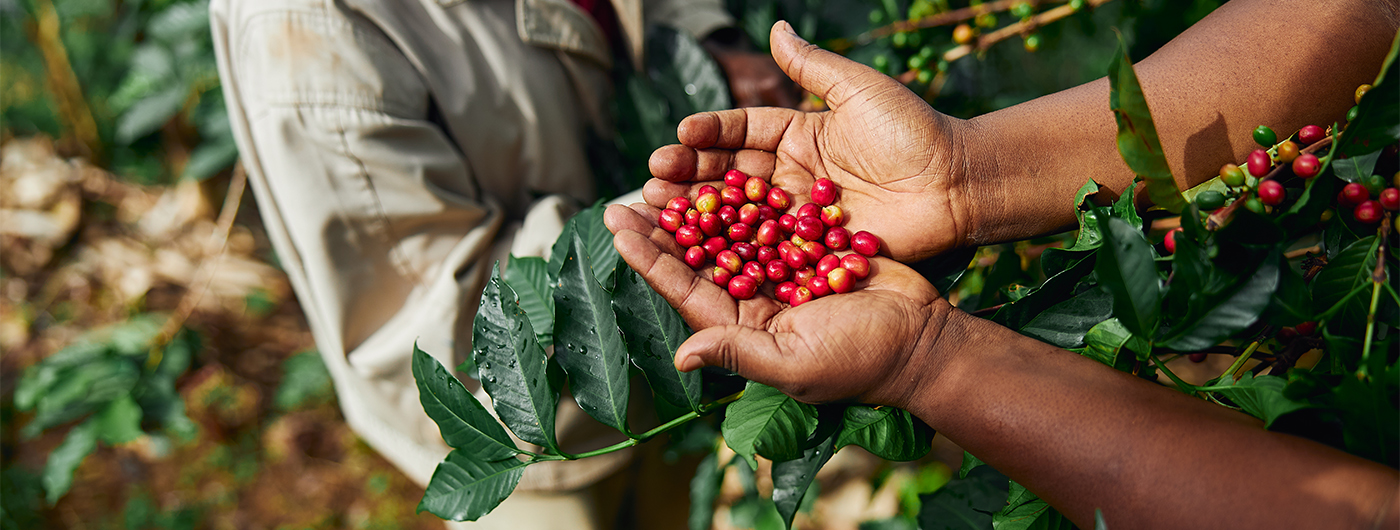

Sustainable Development in the Coffee Agriculture: A Path Forward
Coffee, one of the world’s most cherished commodities, is not just a delightful beverage; it is an industry that employs millions of people globally and supports the economies of several developing countries. However, the future of the coffee industry faces significant challenges due to climate change, socioeconomic factors, and ecological impact. This article will explore the role and importance of sustainable development in coffee agriculture and how it can foster environmental, economic, and social improvements.
The Importance of Sustainability in Coffee Agriculture
Coffee farming has a considerable impact on the world’s environment. It is responsible for deforestation, water pollution from fertilizers and pesticides, and a decrease in biodiversity. With the threat of climate change looming, it’s becoming more critical than ever to shift toward sustainable coffee farming practices.
Sustainable coffee farming embraces practices that protect the environment, improve livelihoods, and yield high-quality crops. It recognizes the crucial role that smallholder farmers play in the industry and seeks to support them in their transition to more sustainable methods.
Approaches to Sustainable Coffee Farming
Various approaches can be adopted for sustainable coffee farming, which are environmentally friendly, economically feasible, and socially acceptable. These include:
1. Shade-Grown Coffee: This traditional method allows coffee plants to grow under a canopy of trees, mimicking their natural environment. It reduces soil erosion, retains water, and fosters biodiversity.
2. Organic Farming: Transitioning to organic farming involves eliminating synthetic pesticides and fertilizers. It promotes soil health, reduces water pollution, and can result in premium prices for the farmers.
3. Fair Trade Certification: This is a social movement that ensures farmers receive fair prices for their coffee beans, enhancing their living conditions and promoting sustainable farming practices.
4. Technological Innovation: The adoption of technology, such as precision farming, can optimize resource use, increase yield, and enable farmers to adapt to climate change.
The Role of Stakeholders
The sustainable development of coffee agriculture involves various stakeholders. Governments can implement policies promoting sustainable practices, provide subsidies for transitioning farmers, and enforce regulations for coffee import and export.
Similarly, the role of corporations, especially those in the coffee supply chain, is critical. They can offer fair trade prices, invest in farmer training and development, and promote sustainable practices through their branding and marketing.
Conclusion
The sustainability of coffee agriculture is not just a matter of environmental stewardship; it is a matter of economic and social equity. By implementing sustainable farming practices, coffee producers can improve their livelihoods, protect their lands for future generations, and contribute to global efforts to combat climate change. Therefore, everyone involved in the coffee industry – from farmers to consumers – must take action towards sustainability, ensuring the beloved brew’s future.
KAI Farm Team ®


